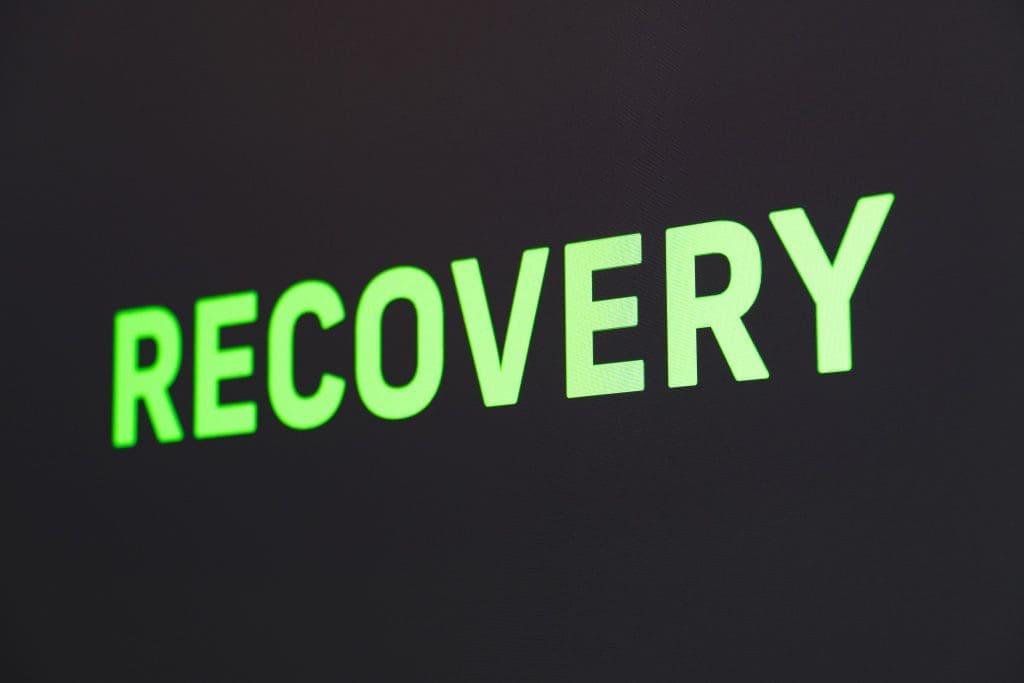Tips for helping a family member who struggles with addiction
About 10 percent of the US population struggles with addiction. Addiction is a severe disease that has devastating ripple effects on a person’s social and financial wellbeing. People with addiction suffer long-term health consequences, deprived morale, and career underachievement.
The challenge with addiction is that it does not affect the victim only. Family and friends can experience difficulty coping with the addict’s behaviors, legal challenges, and financial challenges. Loved ones also encounter challenges of the victim denying the addiction, staging an intervention, and dealing with violent behavior.

No matter how difficult you find it, the person with the substance use disorder is the one battling the real demons. As a loved one, you must adopt the necessary patience and compassion to help them through it. It’s difficult, but certainly not impossible — especially if you follow these tips.
Strongly recommend seeking professional help.
Typically, drug and alcohol rehabilitation takes the form of one or two categories-inpatient and outpatient rehab. While the two options aim to help the addict recover, IOP/OP treatment plans have unique benefits and features.
Inpatient treatments are residential and more comprehensive. It’s more suitable for persons battling severe addiction. Treatment involves medical detox and integrated mental health plans. The cost depends on the treatment center, length of treatment, and the level of care required.
Outpatient rehab is ideal for people with a mild addiction, and its flexible nature enables victims to continue with work or school as they recover. It involves counseling, medication, and providing a network of support. Individuals with a strong will, discipline, and determination to remain drug-free are likely to succeed in outpatient rehabs.
Generally, an outpatient treatment program falls into the following three categories:
- Day programs
- Intensive outpatient programs (IOP)
- Continuing care
For people experiencing struggles with addiction from mild to moderate addiction, outpatient treatment is preferable since it’s affordable, flexible, and provides access to the family.
Help yourself first
It’s not a small feat dealing with an addict. You are also part of their recovery from addiction. It’s stressful and emotionally draining, so it’s imperative that you acknowledge what you are going through is challenging, and support will come in handy.
It’s prudent you join family support groups to help you cope with an addict’s behavior. Family support groups provide a ground for interacting with families undergoing the same predicament as you, enabling the sharing of relatable experiences.
It would also be best to consider stress management strategies when care takes a mental toll on you. Consider yoga and other stress-reducing activities like reading, exercises, and listening to music. A solid sleep and practicing meditation could also alleviate stress levels.
Get information about addiction.
You can’t help with something you don’t understand. Take time to understand the nature of addiction. Sometimes, addiction is above alcohol and substance abuse. It can be due to emotional changes, hormonal imbalances, or other disorders.
There are numerous online resources that can help you get more insights about addiction. Look out for the following information regarding addiction:
- Symptoms and effects
- Recovery timelines
- Treatment options available
Arming yourself with this invaluable information gives you a sense of affirmation that you can overcome addiction.


Cultivate trust
Sometimes, the addicted family member is likely to have betrayed your trust, and regaining it is quite a task. But remember, establishing trust both ways is fundamental for recovery. To build trust, you could avoid:
- Blaming, nagging, and criticizing the addicted person
- Yelling and name-calling (even when stressed)
- Engaging in activities that can lead to addiction (you will appear as a hypocrite)
When trust is established, the addicted family member is motivated to share with you what’s working and how things can be improved. It’s also hard to stage an alcohol intervention if your family member doesn’t respect or trust you at all.
Communicate
Without threatening language, communicate with the addict about how you feel regarding issues of addiction. Offer them hope that you are willing to help them navigate through their recovery journey.
It can be frustrating since the decision to change is in their hands. However, communication facilitates open thinking and helps to channel efforts towards the goal of recovery.
Identify treatment options
If your loved one doesn’t know where to seek help, offer a helping hand. There are several treatment options, and it would help if you guide your loved one in making an educated suggestion.
Sometimes, they are not even willing to seek help due to denial or other reasons. At other times they might want to seek help on their own. Either way, practice patience and keep encouraging them.
To conclude | Struggles with Addiction
The ultimate challenge with addiction is trying to convince the loved one to accept that they have a problem and need help. Mostly, they will resist and are always reluctant to be helped. Sometimes, they could turn violent. You need to understand this behavior and assure them that family support is integral when recovering from addiction.
When a family member struggles with addiction, it can be difficult to know how to help. However, there are a few things you can do to support your loved one and help them get the treatment they need. First, try to have a conversation with your loved one about their addiction and how it is affecting their life and the lives of those around them. It is important to be supportive and understanding, but also to express your concerns. If your loved one is resistant to treatment, there are a number of resources available to help you find the right rehab centers near you. You can also look for support groups or counseling services to help you and your family deal with addiction.
Whenever you feel overwhelmed, do not hesitate to seek professional help.




